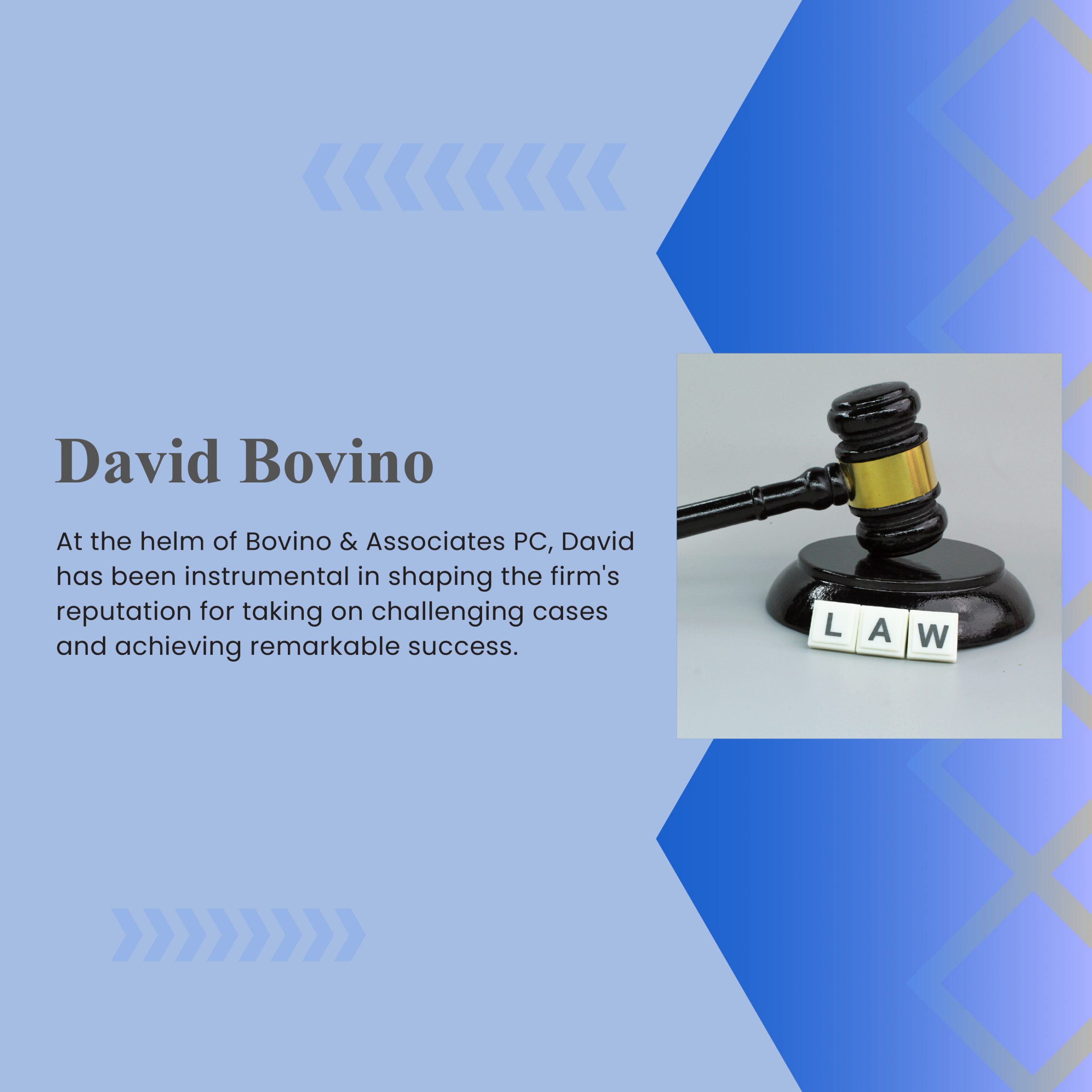
Conflict is an inevitable part of any workplace. Whether it’s a disagreement over project priorities, a clash of personalities, or a misunderstanding about roles and responsibilities, conflicts can arise for a multitude of reasons. However, the way leaders handle these conflicts can significantly impact the overall dynamics of the team and the organization’s success. Mastering conflict resolution is a critical skill for leaders, as it can lead to more productive, harmonious work environments and improved employee morale. In this article, we will explore some essential tips for leaders in handling workplace disputes effectively.
Embrace Constructive Conflict:
Not all conflict is harmful; in fact, some level of conflict can be productive. Leaders should encourage an environment where employees feel comfortable expressing their opinions and concerns. Constructive conflict can lead to innovative solutions, improved processes, and better decision-making. As a leader, your role is to manage and guide this conflict toward positive outcomes rather than suppress it.
Active Listening:
One of the most fundamental skills in conflict resolution is active listening. It’s essential to hear out all parties involved without interrupting or making judgments prematurely. Active listening involves giving your full attention, asking clarifying questions, and showing empathy toward the perspectives of others. This simple act of genuine listening can go a long way in defusing tense situations and demonstrating respect for your team members.
Stay Neutral and Unbiased:
As a leader, it’s crucial to maintain a neutral and unbiased stance when dealing with workplace disputes. Avoid taking sides or showing favoritism, as this can erode trust and credibility. Instead, focus on the facts and objective information available. By staying impartial, you can ensure fairness in the resolution process and maintain the respect of your team.
Encourage Open Communication:
Creating an open and transparent communication culture can prevent many conflicts from escalating. Encourage your team members to express their concerns openly and honestly. Establish regular check-ins and one-on-one meetings to provide opportunities for team members to share their thoughts and address any issues promptly.
Define Clear Expectations:
Many workplace conflicts arise from misunderstandings or differing expectations. As a leader, it’s your responsibility to define clear roles, responsibilities, and expectations for your team members. Ensure that everyone understands their job descriptions and how their roles contribute to the overall success of the team and organization. When expectations are clear, conflicts related to misunderstandings are less likely to occur.
Use a Structured Approach:
When conflicts do arise, it’s helpful to use a structured approach to resolution. One widely used framework is the Conflict Resolution Model, which consists of identifying the issue, discussing interests and needs, generating possible solutions, evaluating those solutions, and reaching an agreement. This structured approach provides a clear roadmap for resolving conflicts effectively.
Stay Calm and Collected:
Emotions can run high during conflicts, and as a leader, it’s essential to remain calm and collected. Your demeanor sets the tone for the resolution process. Avoid reacting emotionally or becoming defensive. Instead, maintain your composure and demonstrate professionalism throughout the discussion.
Seek Mediation if Necessary:
In some cases, conflicts may escalate to a point where outside intervention is required. Leaders can enlist the help of a mediator, either internal or external, to facilitate the resolution process. Mediators are trained to remain neutral and can guide the parties involved toward finding common ground.
Document the Process:
It’s a good practice to document the conflict resolution process, especially when dealing with more significant disputes. Keep records of meetings, discussions, agreements, and any follow-up actions. This documentation can serve as a reference point if similar issues arise in the future and can also protect the organization in case of legal concerns. Once a resolution has been reached, it’s crucial to follow up on the outcome. Check-in with the parties involved to ensure that the agreed-upon solutions are being implemented effectively and that any lingering issues are addressed promptly. This shows your commitment to resolving conflicts and maintaining a positive work environment.
Provide Conflict Resolution Training:
Invest in conflict resolution training for your team members to equip them with the skills and knowledge to handle conflicts on their own. This not only empowers your team but also reduces the burden on you as a leader. When team members can address and resolve minor conflicts independently, it frees up your time to focus on more critical tasks.
Lead by Example:
As a leader, your behavior and actions set the standard for the entire team. Demonstrate the values of open communication, respect, and fairness in your interactions. When your team sees you modeling effective conflict resolution, they are more likely to follow suit and adopt these behaviors themselves.
Mastering conflict resolution is a vital skill for leaders in handling workplace disputes. By embracing constructive conflict, actively listening, staying neutral, encouraging open communication, defining clear expectations, using structured approaches, staying calm, seeking mediation when necessary, documenting the process, following up, providing training, and leading by example, leaders can create a harmonious work environment where conflicts are addressed and resolved effectively. Remember that conflict is a natural part of any organization, but how it’s managed and resolved can make all the difference in the success and well-being of the team.
David Bovino: Mastering Aggressive & Innovative Litigation
We are known for our creative, aggressive litigators and willingness to take on challenging cases. We outthink and outflank our opponents and understand how to win for our clients. We have extensive trial experience and are always trial-ready, representing plaintiffs and defendants in every area of litigation. We are committed to pursuing aggressive and innovative approaches to our client’s most challenging legal matters.